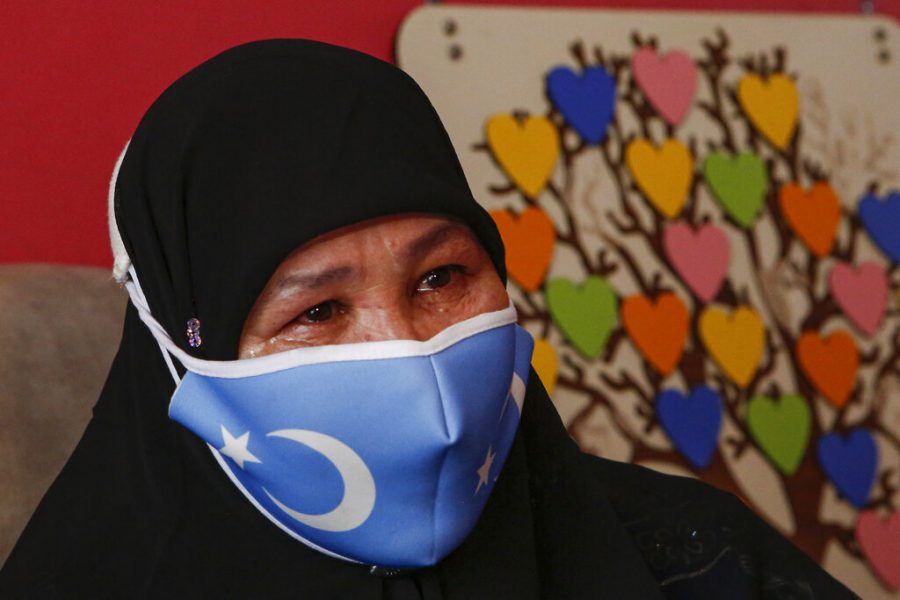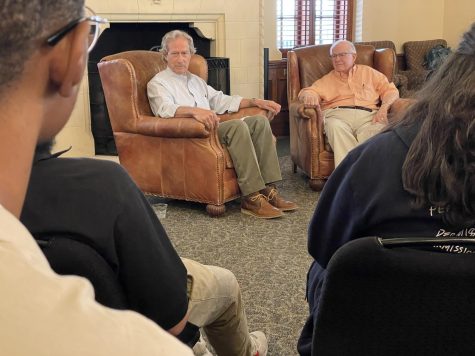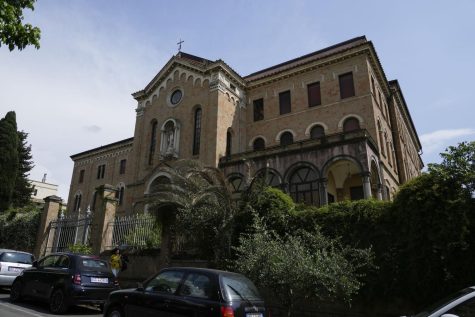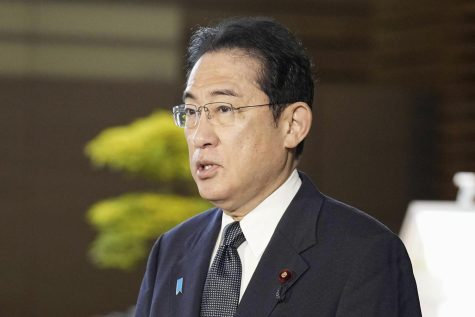Uyghur exiles describe forced abortions, torture in China
A people’s tribunal aims to gain attention for alleged abuses against the largely Muslim ethnic group in far western China.
MEHMET GUZEL / Associated Press
Bumeryem Rozi, 55, an ethnic Uyghur who fled from China to Turkey, cries as she talks to The Associated Press at her home in Istanbul June 1.
ISTANBUL — Three Uyghurs who fled from China to Turkey have described forced abortions and torture by Chinese authorities in China’s far western Xinjiang region.
The three, who will be witnesses before a people’s tribunal, include a woman who said she was forced into an abortion at 6 1/2 months pregnant, a former doctor who spoke of draconian birth control policies and a former detainee who alleged he was “tortured day and night” by Chinese soldiers while imprisoned in the remote border region.
While the tribunal’s judgment is not binding on any government, organizers hope the process of publicly laying out evidence will compel international action to deal with growing concerns about alleged abuses in Xinjiang against the Uyghurs, a largely Muslim ethnic group.
One witness, Bumeryem Rozi, a mother of four, said authorities in Xinjiang rounded her up along with other pregnant women to abort her fifth child in 2007. She said she complied because she feared that otherwise authorities would have confiscated her home and belongings and endangered her family.
“I was 6 1/2 months pregnant . . . . They put me and eight other pregnant women in cars and took us to the hospital,” Rozi, 55, told the Associated Press from her home in Istanbul.
“They first gave me a pill and said to take it. So I did. I didn’t know what it was,” she continued. “Half an hour later, they put a needle in my belly. And sometime after that I lost my child.”
Semsinur Gafur, a former obstetrician-gynecologist who worked in a village hospital in Xinjiang in the 1990s, said she and other female clinicians used to go from house to house with a mobile ultrasound machine to check if anyone was pregnant.
“If a household had more births than allowed, they would raze the home.“
A third Uyghur exile, Mahmut Tevekkul, said he was imprisoned and tortured in 2010 by Chinese authorities who interrogated him for information about one of his brothers. Tevekkul said the brother was wanted partly because he published a religious book in Arabic.
Tevekkul described being beaten and punched in the face during questioning.










